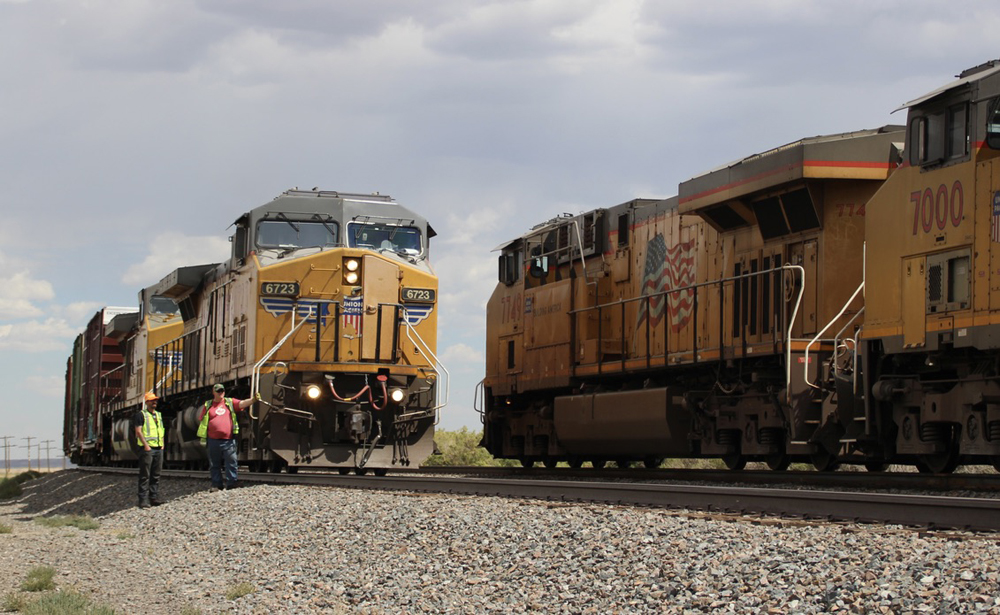
NEW YORK – Surface Transportation Board Chairman Martin J. Oberman unleashed a barrage of criticism at the big four U.S. Class I railroads during the RailTrends conference on Wednesday, claiming that their crew shortages are self-inflicted and that the resulting service problems are damaging the economy.
The service meltdown was brewing long before the pandemic, Oberman says, and is not close to being resolved at BNSF Railway, CSX Transportation, Norfolk Southern, and Union Pacific.
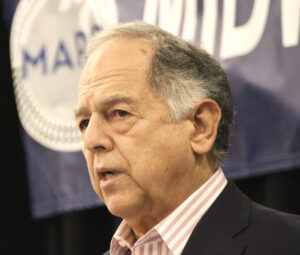
Oberman says the decline in employment was tantamount to a strike or lockout of 10% of the railroad workforce.
The Association of American Railroads pointed out recently that if there were a national railroad strike, it would cost the U.S. economy $2 billion per day. “If railroads are as crucial as the AAR tells us, then their failure to live up to their potential is costing all of us,” Oberman says.
The toll from railroad service failures in the past two years could be near $200 billion based on an extrapolation of the AAR data, Oberman says.
Railroads have said crew shortages are due to a combination of factors that have affected most industries amid a structural change in the labor market. Conductors furloughed at the onset of the pandemic, when traffic sank at its fastest rate ever, chose not to return to the railroads at the same rate as they had in the past. Train and engine crews quit or retired at higher rates than usual in key terminals. And the tightest job market in decades made it difficult to hire conductor trainees.
Oberman doesn’t buy it. Major rail shippers, he says, “played the long game” and retained employees so their workforces would be sufficient when demand returned, even if it temporarily weighed on profits. “In stark contrast, the very profitable railroads made the opposite decision to the detriment of the entire U.S. rail network,” Oberman says.
Oberman was critical of railroads’ share buyback programs, rising rates, and their failure to capture volume growth since traffic peaked in 2006.
A return to heavy-handed regulation won’t solve the industry’s problems, Oberman says. What is needed, he argues, is for railroads to dig out of their current hole, return to traffic growth, and commit to maintaining adequate resources.
Railroads have said that once their crew ranks are back at full strength, service will return to pre-pandemic levels.
“But why should that be the goal? That is simply a return to mediocrity and rail service that continues to be a damper on the economy and is completely unacceptable,” Oberman says.
Oberman spoke at the RailTrends 2022 conference sponsored by trade publication Progressive Railroading and independent analyst Anthony B. Hatch.






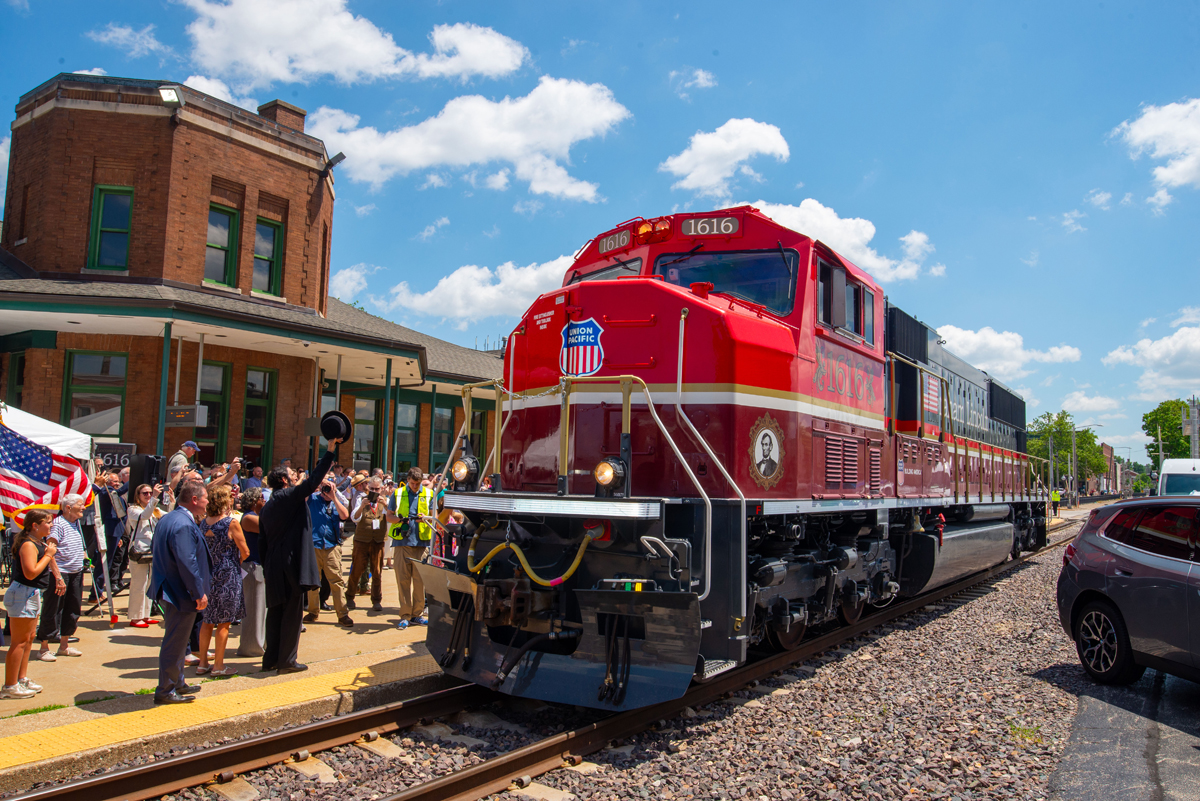
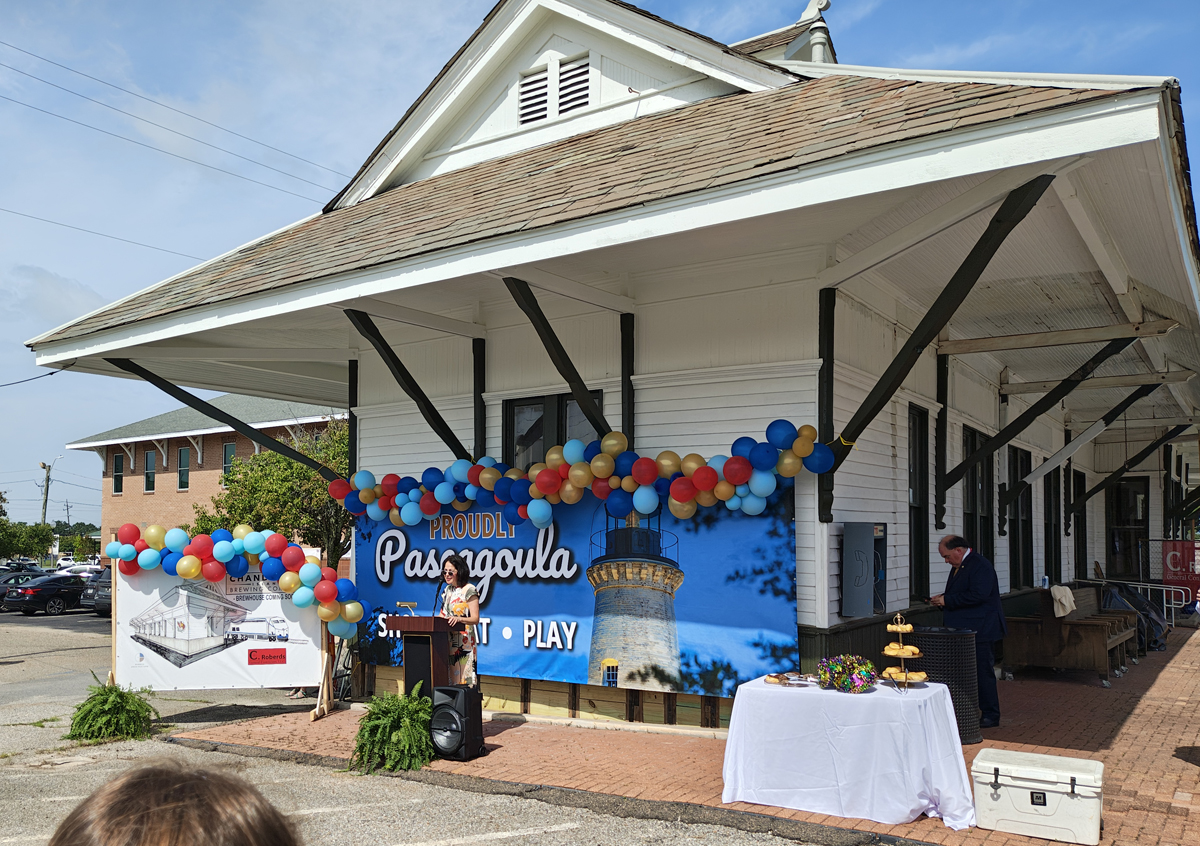
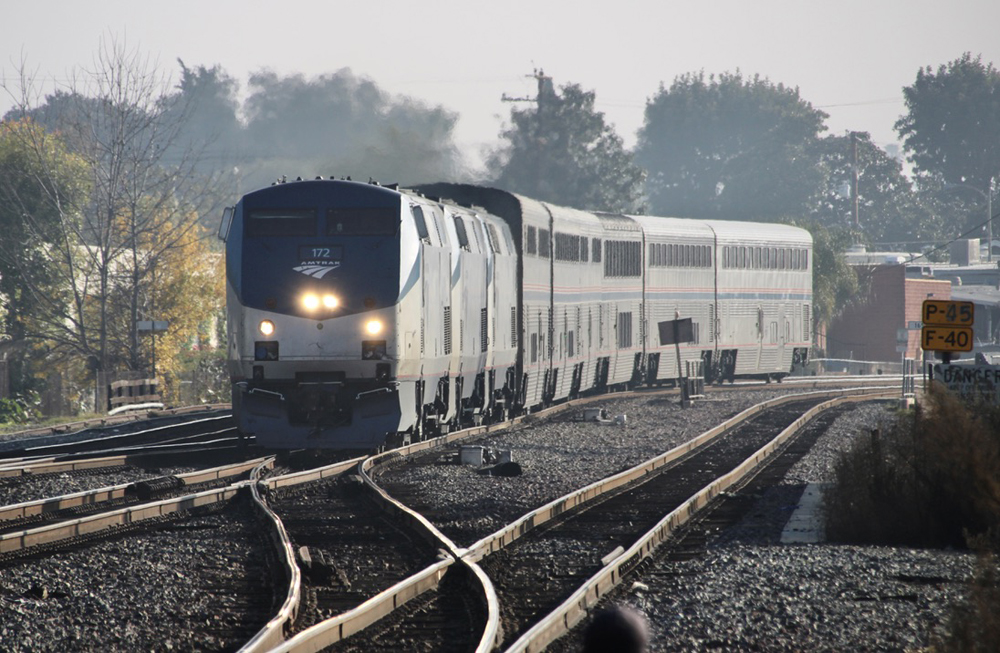
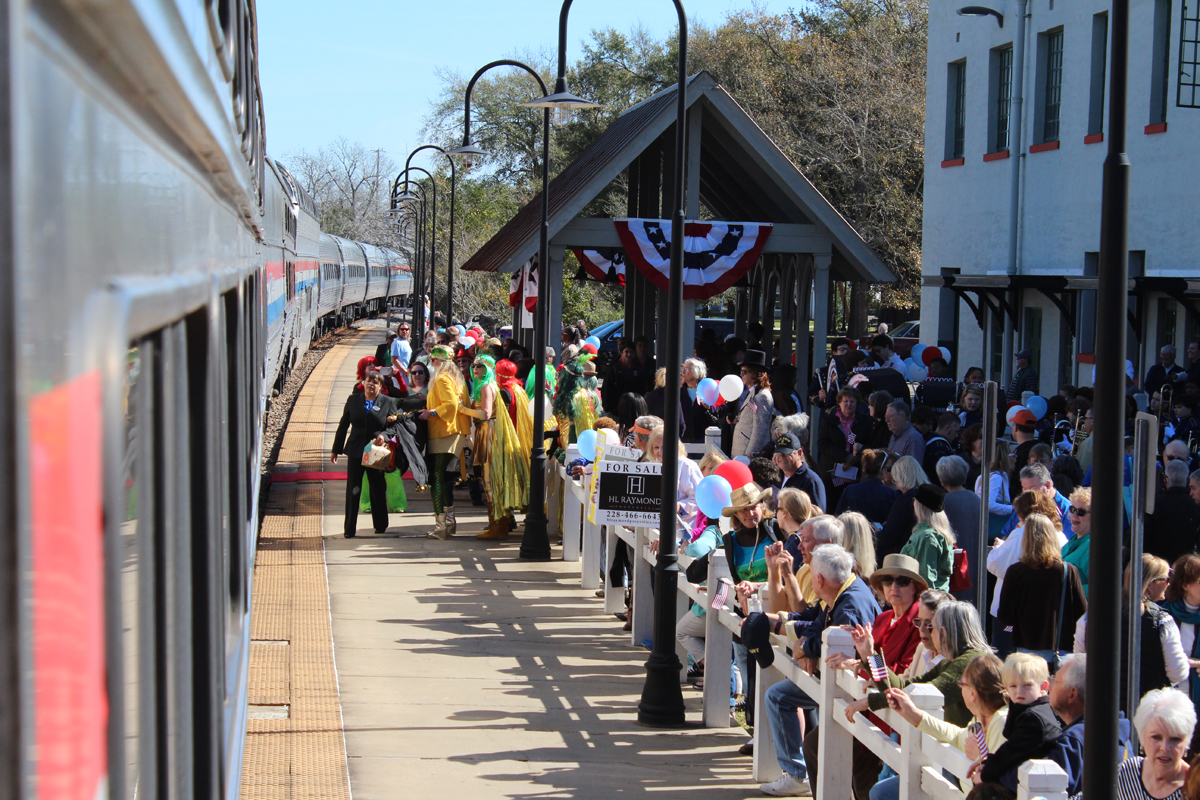




So, if Oberman does not have the ability to order railroad changes then, what good is he?
Sounds like congress needs to give the STB a big paddle and ability to bust some butts. Other wise nothing will change.
If the government doesn’t like it, let the government build its own railroad.
You want real progress and reform ? Kick Wall Street and the stock market out of this country and let the employees who work for the railroad own and operate the railroad. You will see better service and dedication as well as morale pick up. Wall Street and those greedy stockholders and investors are not interested in building good customer service or business but only interested in stuffing their pockets with blood money earned from the backs of hard working, oppressed railworkers
Hope those greedy rich stockholders are enjoying their expensive sports cars and their fancy mansions and enjoying their fancy parties all accquired from the railroad workers who put their lives on the line each day
Joseph C. Markfelder
I don’t know if it would be legal but it seems to me that a great place to start would be to prohibit the Class 1’s from any stock buy-backs for at least 5 years. Ideally, it would not be allowed at all unless a RR would be meeting an approved level of customer service.
Interesting to consider what possibilities if any exist for STB to bring any force onto the railroads, besides the bully pulpit. The industry is deregulated, and it would take an act of Coongress to change that – a body which may have other more pressing issues to consider.
If railroads run their business in a certain manner, the market and investors will make their wishes known. Even for customers with little recourse to other modes, the likelihood of meaningful regulation seems low.
It is that lack of recourse that is the foundation of railroad pricing power – which has had dramatic effect on railroad earnings – much more than PSR.
Why would employees return when they know nothing will change. Management will treat them as a monetary drag on the system so they will milk as much as possible from as few as possible.
he is right. PSR and the love of Wall st, are the cause. the problems were already there before the pandemic.
I wouldn’t characterize it as a love of wall street so much as a choke hold from wall street. Hedge funds today are modern day railroad barons. With the desire to get rich quick, who cares what state your company is in when you dump its shares.
I love Chairman Oberman’s approach: “If I am so essential, why am I like this?”
The Chairman focuses his critique on how railroads are staffed and operated. All well and good. Certainly, with a strike looming, no one should be tone-deaf to Labor right now.
The Chairman does not address the financial elephant in the room: the 1980 US Intermodal Exemption and the exclusion of STB Review over Quantum-type Agreements. These contracts dictate “HOW” the railroad is used; how the railroad structures its operations; and how the railroad marshalls its resources. Intermodal, and specifically International intermodal, are major drivers of revenue and the primary position point for which rail structures its most important real estate.
We welcome the STB investigating the role of collusion in very large, very evergreen intermodal contracts. You’ll notice that Staggers occurs by which rails continue their common-carrrier obligations in exchange for absolute freedom in intermodal. Congress authorized it for one reason. Railroads used it for quite a different one. Quantum, for example, is a 37-year old “lifetime” agreement between BNSF and JB Hunt for the primary purpose of managing Walmart traffic. It results in terrific market distortions at whim. It deserves investigation.